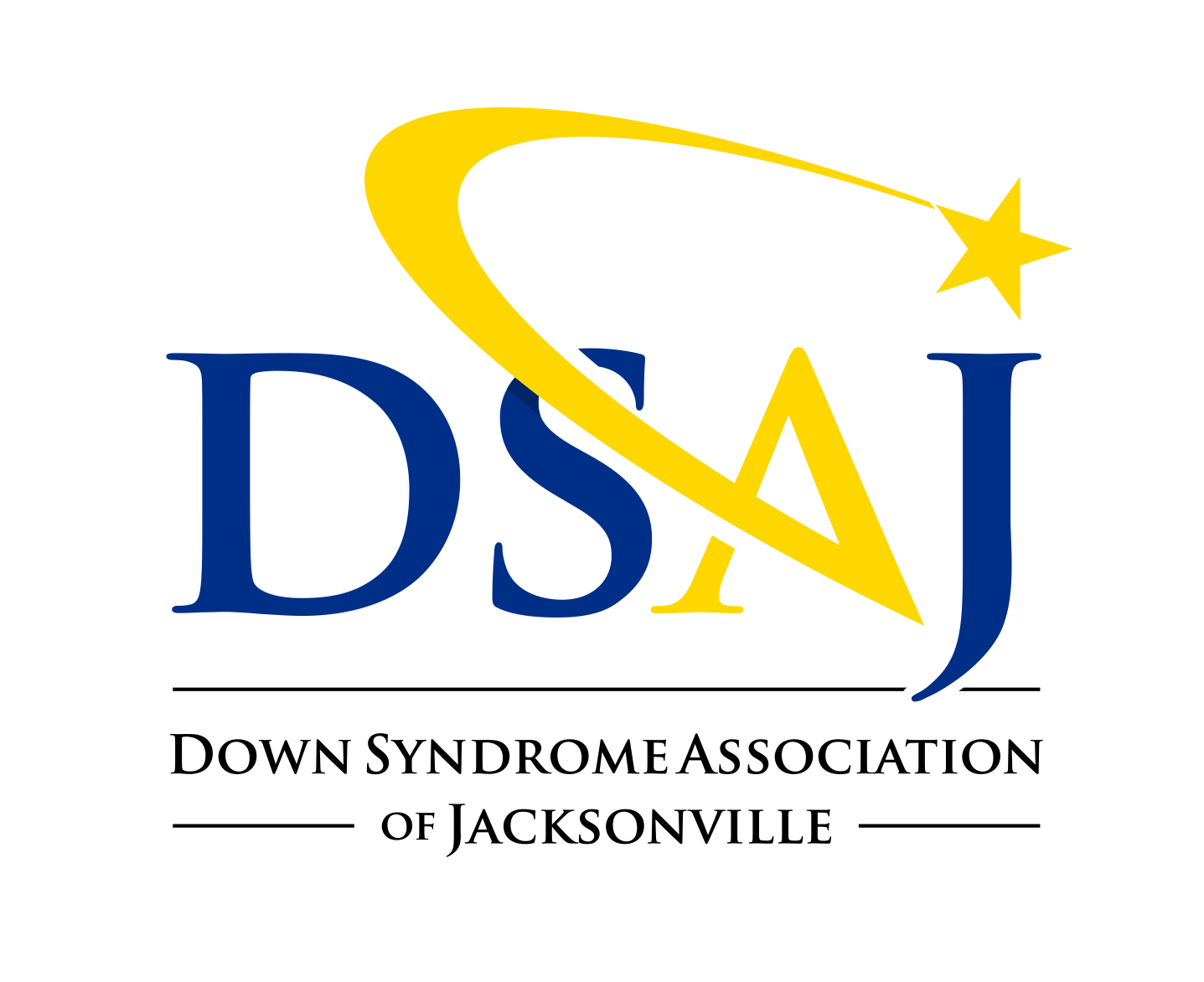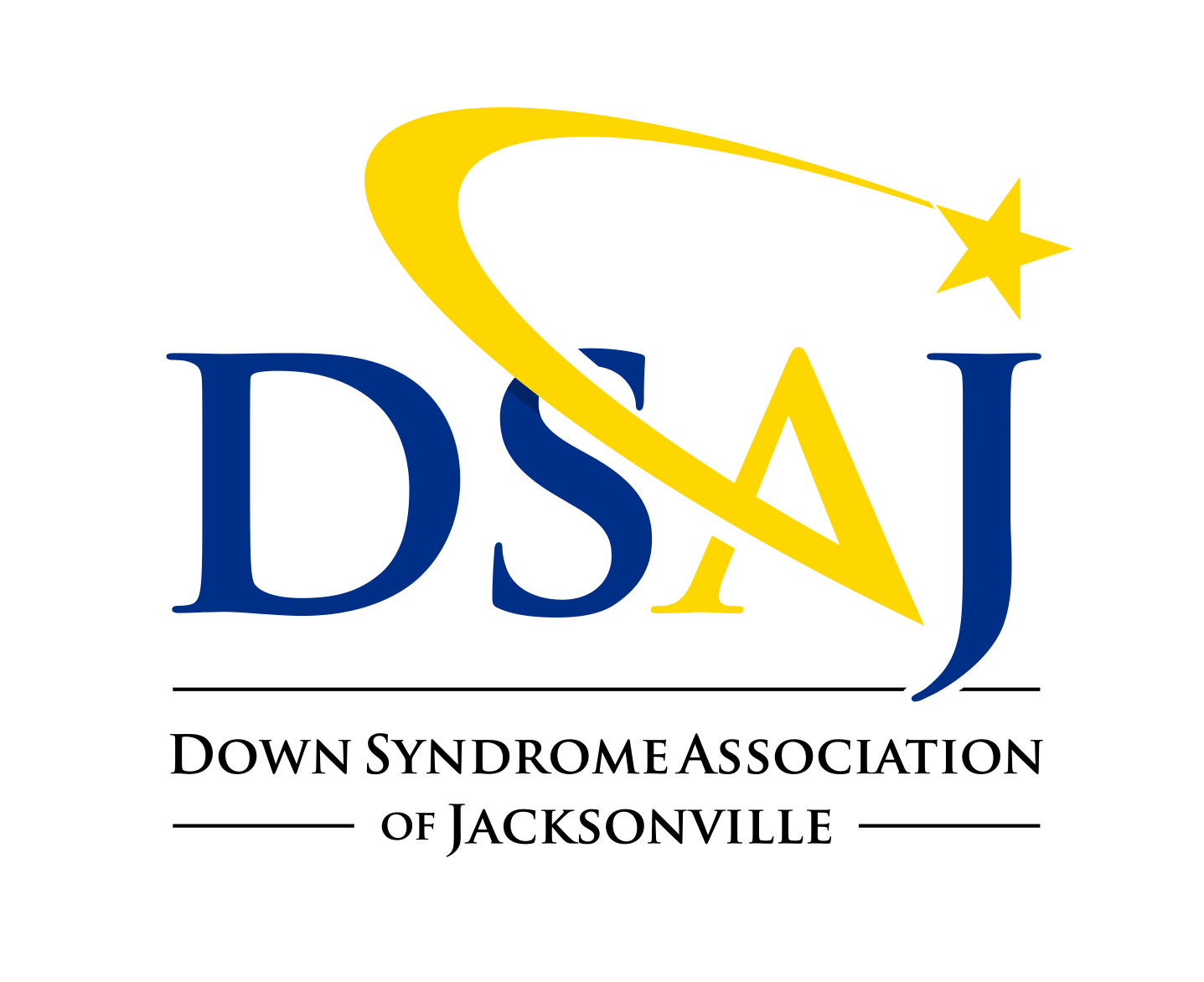Health Professionals
How to share the news that a baby has Down syndrome
Talk to the families promptly!
Families want to hear such concerns from a doctor they are familiar with as soon as possible after suspecting the diagnosis.
Before talking with the family, make sure that the mother has support in the room (spouse, significant other or family).
Be seated when talking with the family.
Encourage the mother and/or father to hold the baby while talking.
Address the newborn by his or her name… never as a Down’s baby.
Allow time to discuss your concerns and hear theirs.
Most families will want some written information on Down syndrome and local resources such as support groups.
Families want to hear only the present concerns. Do not forecast the child’s future (e.g. child will never play sports, finish school, etc.).
A simple narrative to help start your conversation...
“Hello, Mr. & Mrs. Smith…Congratulations on your new baby. Have you chosen a name for your daughter? Jasmine! Jasmine is a lovely name. Jasmine is the reason I asked to speak with both of you. Please take a seat. You may have noticed that Jasmine has some distinctive facial characteristics. The nurses and I have also noticed this and based on these concerns, we feel that Jasmine may have Down syndrome. We are not sure at this time, but let me tell you a little about Down syndrome and what we plan to do for Jasmine…”
Why is this important?
The words that you choose to deliver the diagnosis to a new family will echo in their minds forever, so it is very important to choose your words thoughtfully. Parents need to know that although this is a difficult time, no one knows what the future holds for any newborn baby. They should maintain high expectations for this baby just as they would for any child. This child is a baby first and the birth should be cause for celebration.
Leave the family with concrete plans as to how to proceed from this point.
These plans should include the following:
Confirming a Diagnosis (Chromosomal study: Consider an evaluation by a clinical geneticist.)
Evaluations Needed Now or in the Near Future (Echocardiogram)
Follow-up Plan (Home nurse visitation, Breastfeeding support if needed, Early weight checks, Clinical genetics evaluation, Cardiology evaluation, Support group)
Most importantly, let the parents know who to call with questions and concerns. Let them know the DSAJ is available to support them, and they can be contacted at: (904) 353-6300.
How Nurses Can Help New Parents
Nurses and medical staff can help parents cope with the diagnosis that their baby has Down syndrome. You can be a wealth of support by following these suggestions:
Make sure that mother, father and baby are together when the diagnosis is presented. It is important for bonding to continue between parent and child.
Congratulate parents on the birth of their beautiful baby. Be calm, comforting and reassuring.
When you need to hold the baby, hold him in a tender and caring language may be viewed as a gauge by the parents as to the acceptance of the baby.
Intertwine the baby’s positive features and the features that indicate Down syndrome. Point out similar features between parent and child.
Avoid patronizing statements such as, “You must be special people to be given this baby.”
Assure them that nothing they did or did not do caused the baby to have Down syndrome.
Respect the feelings that the parents have during this time. Some may cry or be angry; others are completely accepting. Some parents cannot grieve because there is an assembly line of professionals wanting to talk to them. Oftentimes, grieving will occur at home. Do seek the advice of a social worker if you feel it may be beneficial.
Do not suggest adoption unless the parent brings up the subject.
Learn the facts about Down syndrome; unlearn stereotypes and myths.
Do not give parents too much information at one time, unless it is requested. Some parents crave information; others don’t want to hear it.
Don’t be afraid to say, “I don’t know,” if they ask a question you are unsure of. The DSAJ can help connect you with the information you need.
Make sure that the hospital photographer asks the family if they want a photograph of their baby. A major reason that a parent may be devastated by the news is the uncertainty of the future and their ability to cope with raising a child with a disability. Down syndrome will only be a small part of who he/she is and your child will be more like his/her peers than he/she will be different. The difficult beginning will be replaced with happier times.
Health Guidelines
The GLOBAL Medical Care Guidelines for Adults with Down Syndrome provide first of-kind, evidence-based medical recommendations to support clinicians in their care of adults with Down syndrome. This life-changing resource as published in JAMA covers 9 topic areas deemed critically important for the health and well-being of adults with Down syndrome and outlines critical future research needs. Adults with Down syndrome and their caregivers should review the GLOBAL Guidelines with their clinicians to ensure they are receiving care meeting best-practice standards for adults with Down syndrome!
Click here to view the FULL Adult Medical Care Guidelines.
Click here to view the Family-Friendly Adult Medical Care Guidelines
Click here to view a printable Adult Medical Care Guidelines Checklist.
In July of 2011, the American Academy of Pediatrics (AAP) Committee on Genetics published revised guidelines to assist physicians in providing care to individuals with Down syndrome (Ds). Previous guidelines were published in 1999. Eight years later, the most welcomed and updated guidelines provide clinicians assistance in the key areas including prenatal testing and counseling; feeding in the infant with Down syndrome; airway, cardiac , neurologic and gastrointestinal assessment; growth in children with focus on BMI or weight for length (no longer using Ds growth curves); evaluation for atlantoaxial instability (AAI), clarification about screening for thyroid disorders and celiac screening; and vision and hearing screening.
Summary of the Health Guidelines for Children with Down syndrome
We’re Here for You – Every Step of the Way
At the Down Syndrome Association of Jacksonville (DSAJ), we understand the importance of having a reliable support system. Our team is dedicated to providing you with the resources, guidance, and assistance you need. Whether you're seeking information or have specific questions, we are here to support you and your family.
If you need assistance or have concerns, please do not hesitate to reach out. We are always available to help.
Contact Information:
Phone: 904-353-6300
Email: info@dsaj.org
Our team and the DSAJ community are here to ensure you have the support you need. We are committed to walking alongside you every step of the way.


